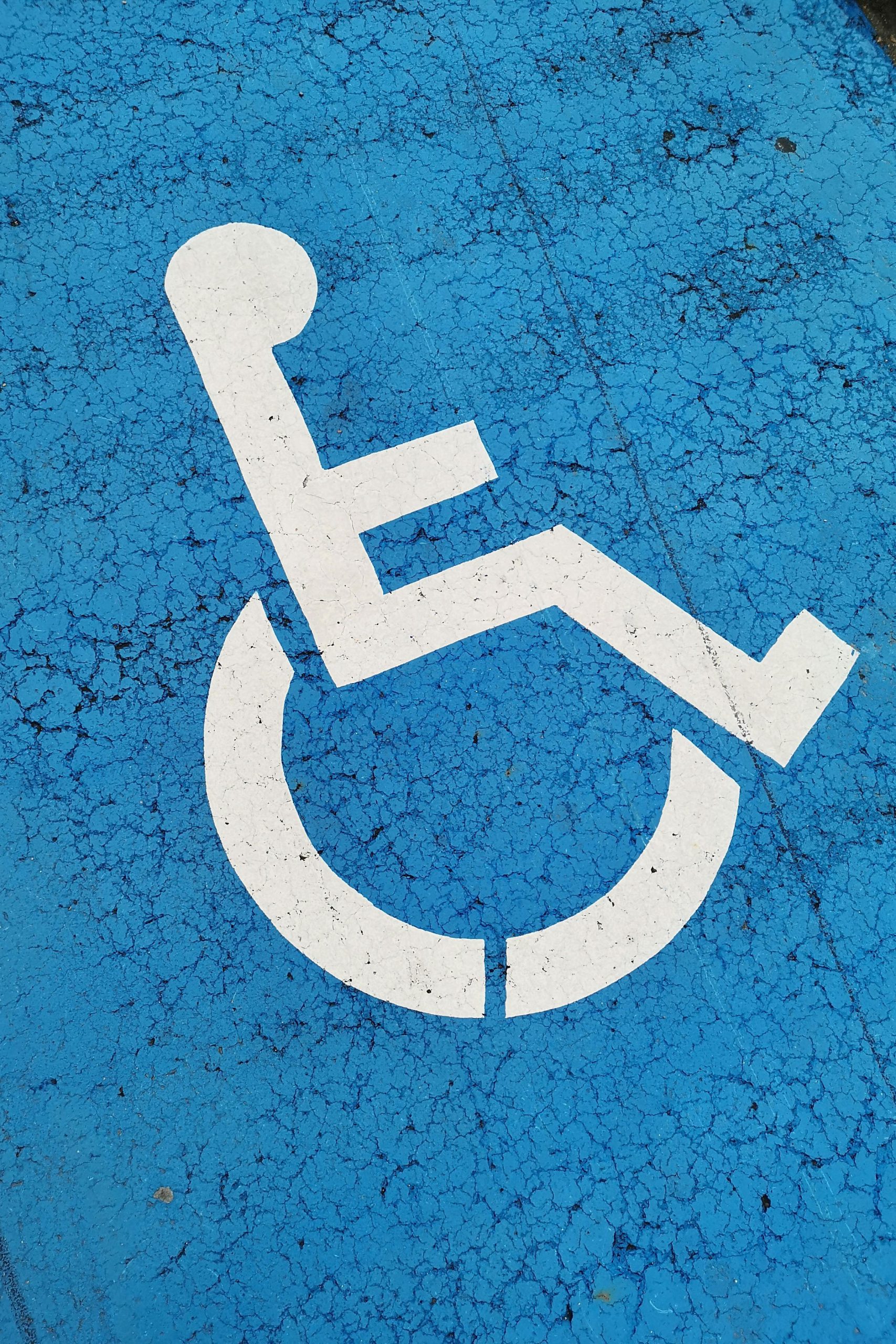 On-the-job injuries can sometimes result in employment termination when the injury prohibits you from completing your work. When this happens, state-funded disability retirement benefits can keep former employees financially afloat; however, eligibility for such benefits depends on how long you have worked for the employer and when you file your claim.
On-the-job injuries can sometimes result in employment termination when the injury prohibits you from completing your work. When this happens, state-funded disability retirement benefits can keep former employees financially afloat; however, eligibility for such benefits depends on how long you have worked for the employer and when you file your claim.
Bessie Hall worked for the State of Louisiana in East Baton Rouge for over seventeen years. On July 13, 2012, Ms. Hall suffered an on-the-job injury at the Louisiana Department of Children and Family Services. Because her injury prevented her from working, her employer terminated her in September 2013.
Over two years later, Ms. Hall applied for disability retirement benefits through LASERS, the Louisiana State Employees’ Retirement System. LASERS, however, found Ms. Hall ineligible for these benefits. Ms. Hall sued the Nineteenth Judicial District Court for the Parish of East Baton Rouge. The District Court held Ms. Hall was eligible for benefits, and LASERS appealed to the Louisiana First Circuit Court of Appeal.
The crux of this case was whether the District Court applied proper statutory interpretation. According to La. C.C. Art 10, “[w]hen the language of the law is susceptible to different meanings, it must be interpreted as having the meaning that best conforms to the purpose of the law.” With this interpretive standard in mind, the Court of Appeal analyzed the construction and intent of the two statutes.
This first statute, La. R.S.11:212, provides in section (A) that an employee injured in the workplace as “an active contributing member in active state service” and who “has at least ten years of creditable service” is entitled to disability benefits if he/she applies “while in service.” Section (C) provides for those who apply after termination, stating that such benefits are still available as long as “clear, competent, and convincing evidence [is shown] that the disability was incurred while the member was an active contributing member in active service.”
The second statute, La. R.S.11:217 provides that an injured employer who has completed twenty years of service and is no longer in service is eligible for disability retirement benefits as long as his/her normal retirement benefits have not yet been vested. LASERS argued that these two statutes should be read together. In other words, an employer must first be eligible under La. R.S.11:217, and then La. R.S.11:212(C) provides an exception for applicants still in service. Because Ms. Hall had only worked 17, and not 20, years in state service, she should not have been eligible for disability retirement benefits.
The Court of Appeal disagreed. It found that “laws should not be given an interpretation that makes any part superfluous or meaningless.” Accordingly, LASERS’ reading of La. R.S.11:217 would render La. R.S.11:212(A) is meaningless because this statute determines an employer’s baseline eligibility. Ms. Hall would thus not be eligible under La. R.S.11:212(A) because she did not apply while in service.
However, La. R.S.11:212(C) provides an exception, stating that an employer may apply after receiving termination if he/she gives evidence of service during the injury. This applies to Ms. Hall, meaning that she is eligible for benefits, and no other statute needs analyzing. The Court of Appeal found La. R.S.11:217 is inapplicable to this case because it covered something completely different: retirement vesting for employees whose injuries may or may not have occurred on the job and who had achieved twenty years of service. Accordingly, the Court of Appeal dismissed LASERS’ claims.
Workplace injuries can change lives; however, eligibility for retirement disability benefits can ease resulting financial difficulties. For Ms. Hall, standard statutory construction confirmed her benefit eligibility, while LASERS’ incorrect interpretation cost the state in appeal costs. A good lawyer can assist with accurate statutory interpretation and help secure essential disability benefits.
Additional Sources: HALL v. LOUISIANA STATE EMPLOYEES’ RETIREMENT SYSTEM
Written by Berniard Law Firm Blog
Additional Berniard Law Firm Articles on Employment Benefits Disputes: Lack of Substantial Evidence for Denial of Severance Pay Leads to Payment in Case Out of Baton Rouge
 Insurance Dispute Lawyer Blog
Insurance Dispute Lawyer Blog

